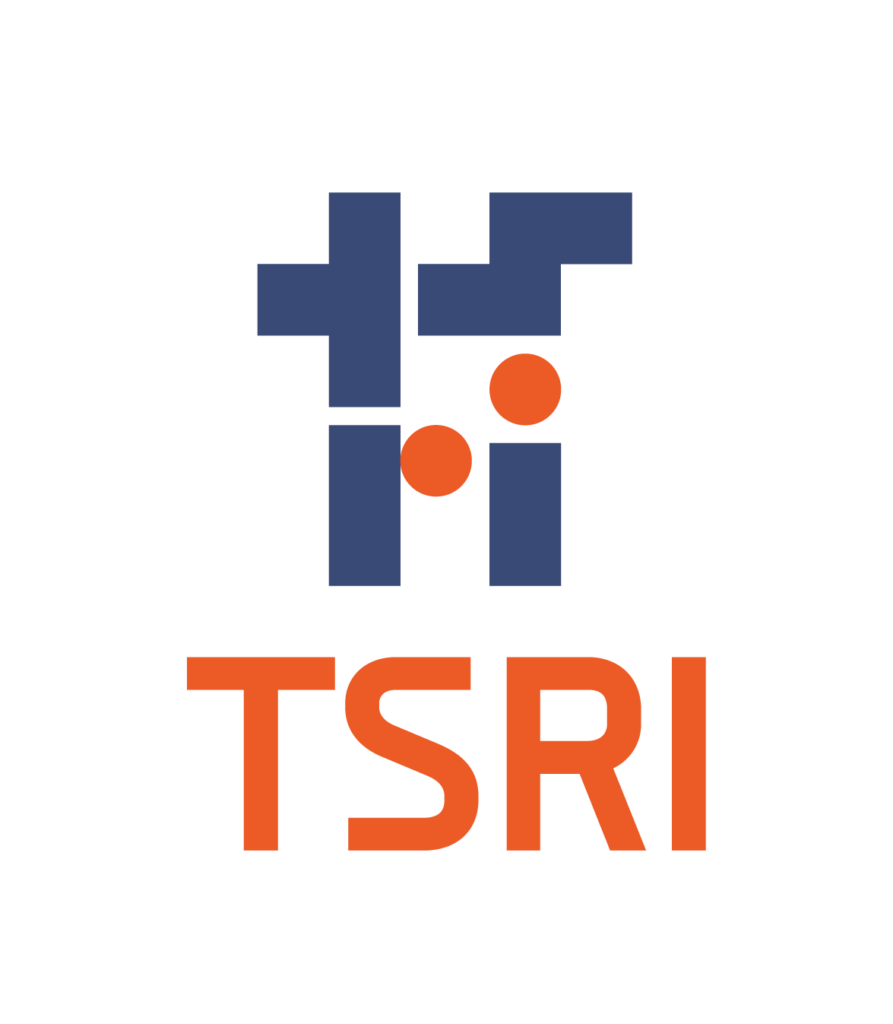Proteomics analysis of urine from TB-HIV infected Patients
Keywords:
Tuberculosis, HIV, Proteomics, Urine, วัณโรค, เอชไอวี, โปรตีโอมิกสปสสาวะAbstract
Objectives To investigate protein profile in urines of TB/HIV patients by proteomics approach that could be used for important data to discover potential diagnostic markers.
Methods Individual urine samples of 4 groups such as (1) pulmonary-TB/HIV co-infected (AFB positive), (2) pulmonary-TB/HIV co-infected (AFB negative), (3) extra-pulmonary-TB/HIV co-infected and (4) healthy control groups were analyzed using a proteomic method based on SDS-PAGE separation. Then the gels were visualized with silver staining and excised to small pieces. The gel pieces were tryptic digested followed by the identification of peptide mixtures using LC-MS/MS analysis and searched against NCBI database using the MASCOT search engine.
Results Overall, 193 differential express-bacterial proteins were identified by this urinary proteomic study. A comparison between all TB/HIV groups with controls showed that 30S ribosomal protein S15 rpsO, lipoprotein 39 kDa, PE family-related protein and predicted protein (gi|289445817) were not expressed in the patients’ urines. In addition, transcriptional regulator protein EmbR was up-regulated in extra-pulmonary-TB/HIV urines but not expressed in pulmonary-TB/HIV urines when comparing between each patient groups with controls.
Conclusions These results suggest that 30S ribosomal protein S15 rpsO and lipoprotein 39 kDa may be useful as diagnostic biomarkers of TB/HIV co-infection while transcriptional regulator protein EmbR may be a candidate marker of extra-pulmonary TB/HIV co-infection.










